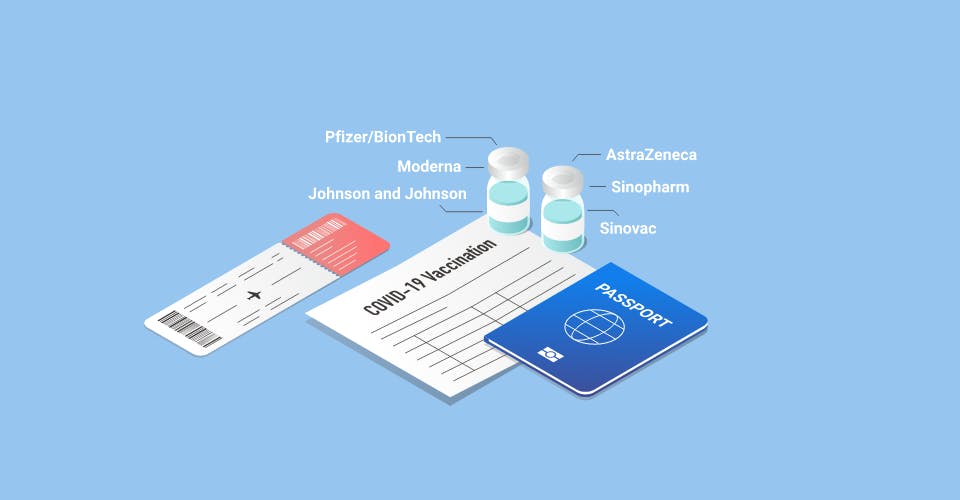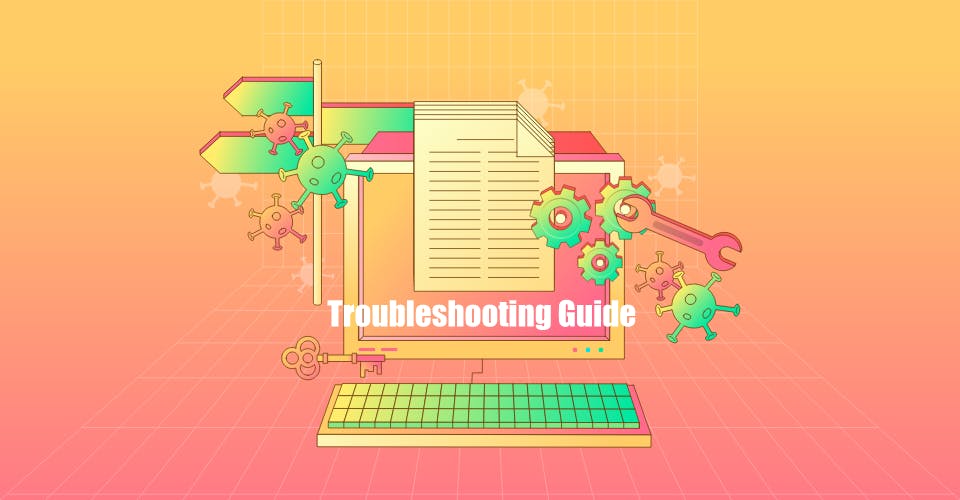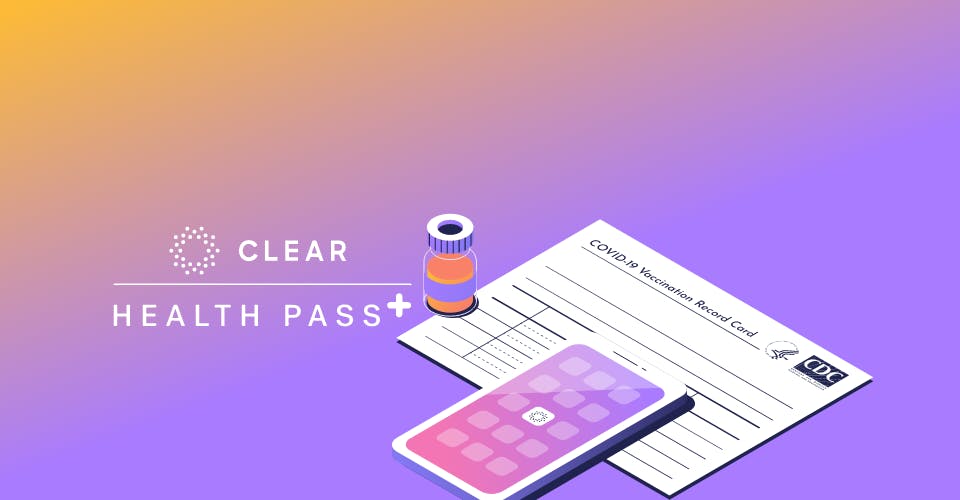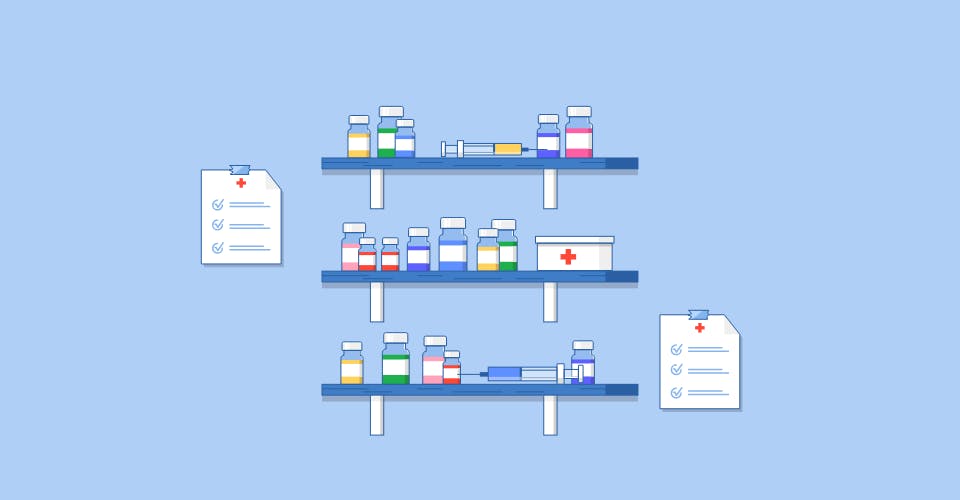The United States will finally allow foreign visitors to the country in the beginning of November. This will be the first time since the start of the pandemic that citizens from 33 different countries will have relaxed travel restrictions to visit the United States. This move will effectively end the current Covid-19 travel ban that has been in place for over a year now.
The travel ban was instituted under the Trump administration and includes citizens from the following countries and regions: the European Union, China, Iran, South Africa, Brazil and India.[1]
The new travel policy will require foreign nationals traveling to the United States to demonstrate proof of full vaccination against Covid-19, in addition to a negative Covid-19 viral test taken 72 hours before departing. The new rule goes into effect on November 8th. In addition, individuals from citizens who were not banned from entering the U.S., such as Japanese residents, residents from Singapore and Mexico, the new rule will still dictate that after November 8th, all non-U.S. citizens will need to have proof of vaccination, which is currently not in effect.
The CDC’s website explains that, for purposes of entry into the United States, the accepted vaccines will include FDA approved or authorized and WHO Emergency Use Listing vaccines. Right now the three FDA approved vaccines are the following:
1. Pfizer/BionTech
2. Moderna
3. Johnson and Johnson
However this list is different from the WHO Emergency Use Vaccine list. If you are confused, please know that it doesn’t matter if you have received a WHO Emergency Use vaccine or an FDA approved one. Either category is satisfactory as long as the traveller in question is fully vaccinated. The WHO Emergency Use vaccines include the following:
1. AstraZeneca
2. Sinopharm
3. Sinovac
If you have received a dose, or two doses of a vaccine that is not on the WHO Emergency Use List, or is not one of the FDA approved vaccines listed above, you could be effectively denied from entry into the U.S. based on the new policy. It would also create immigration problems for individuals who board a flight to the U.S. but are stopped by the CBP once they are at a U.S. port of entry.
Currently, the CDC recommends that if you have been given a dose of a non-FDA approved vaccine or a non-WHO Emergency Use vaccine, that you wait at least 28 days to get an approved one.[2]














